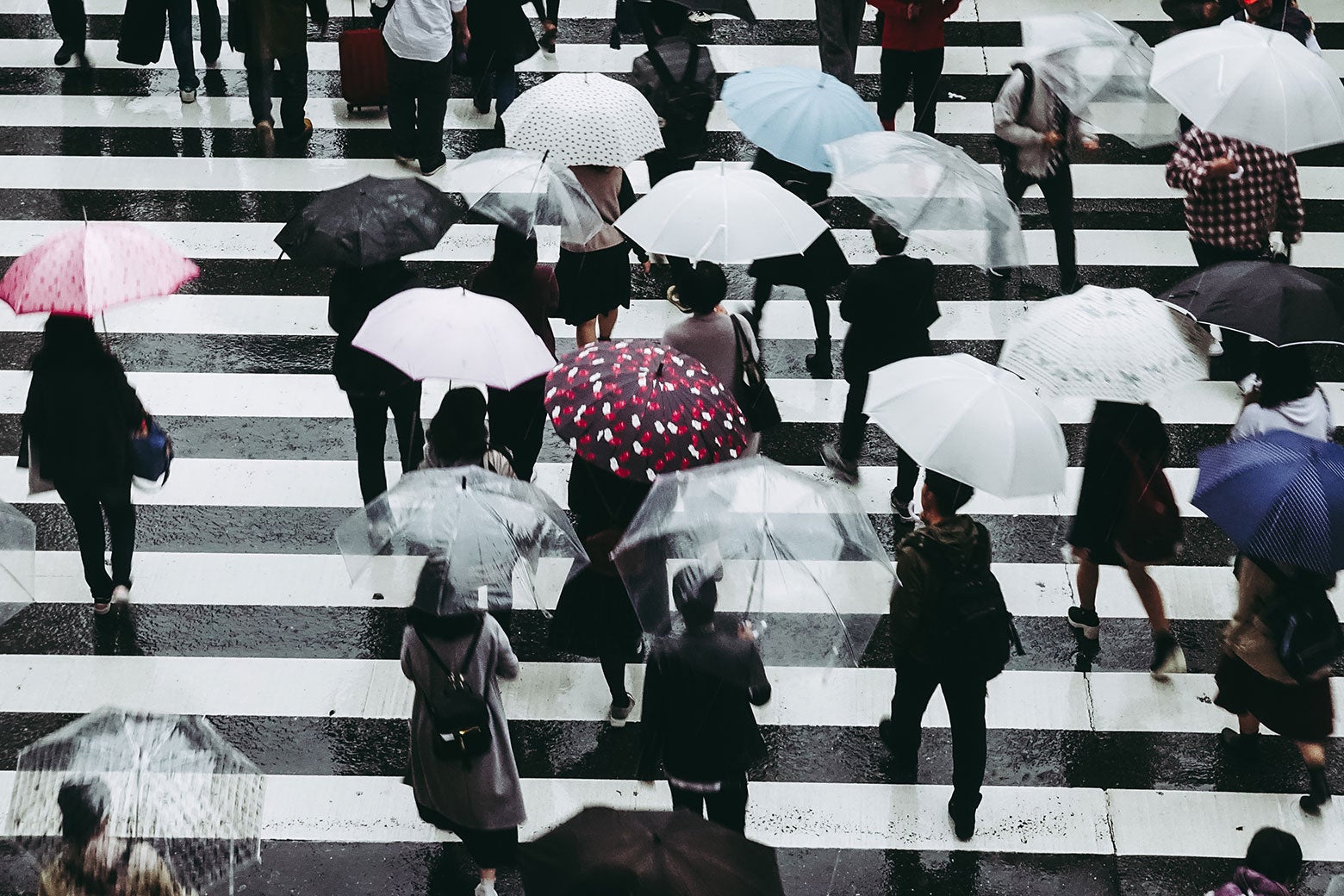
"With 3,600 flash-flood warnings in 2025 and the year barely half over, the National Weather Service is likely to pass its annual average of 4,000 warnings before long."
"Just 28 percent of respondents were 'very' or 'moderately' worried about extreme weather-related flooding in their area, a lower score than any other surveyed event."
"This reverse empathy gap shows up in data about other perceived social problems, such as crime, where respondents justify their media-experience dissonance."
"Rainfall flooding has become an increasingly serious problem, overwhelming social infrastructure and threatening both rural areas and urban locales."
July witnessed severe floods across the United States, with significant events in Texas, New Mexico, and New York City, resulting in numerous fatalities. Extreme rainfall is a direct consequence of climate change. Despite an increasing number of flash-flood warnings, a survey reveals that only 28 percent of respondents expressed significant concern about flooding in their own areas. This highlights a disconnect between general awareness of climate issues and personal risk perception, illustrated by a phenomenon termed the reverse empathy gap, which also appears in attitudes towards other social concerns.
Read at Slate Magazine
Unable to calculate read time
Collection
[
|
...
]